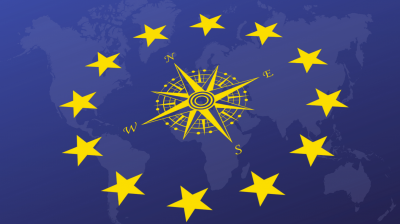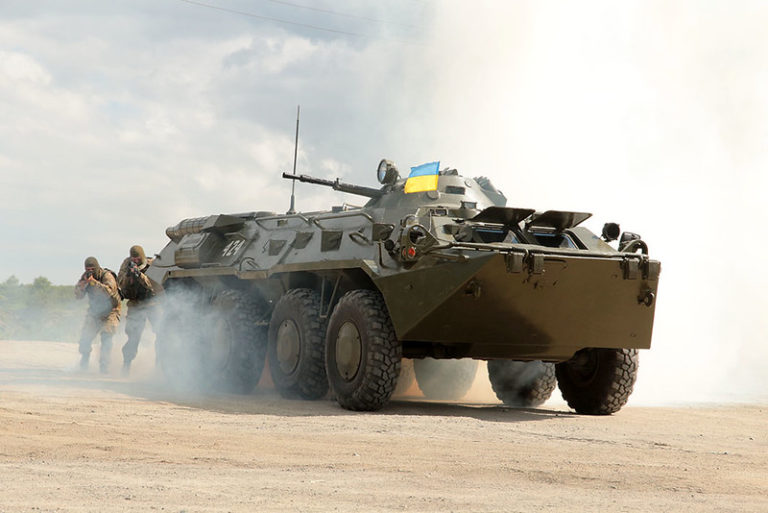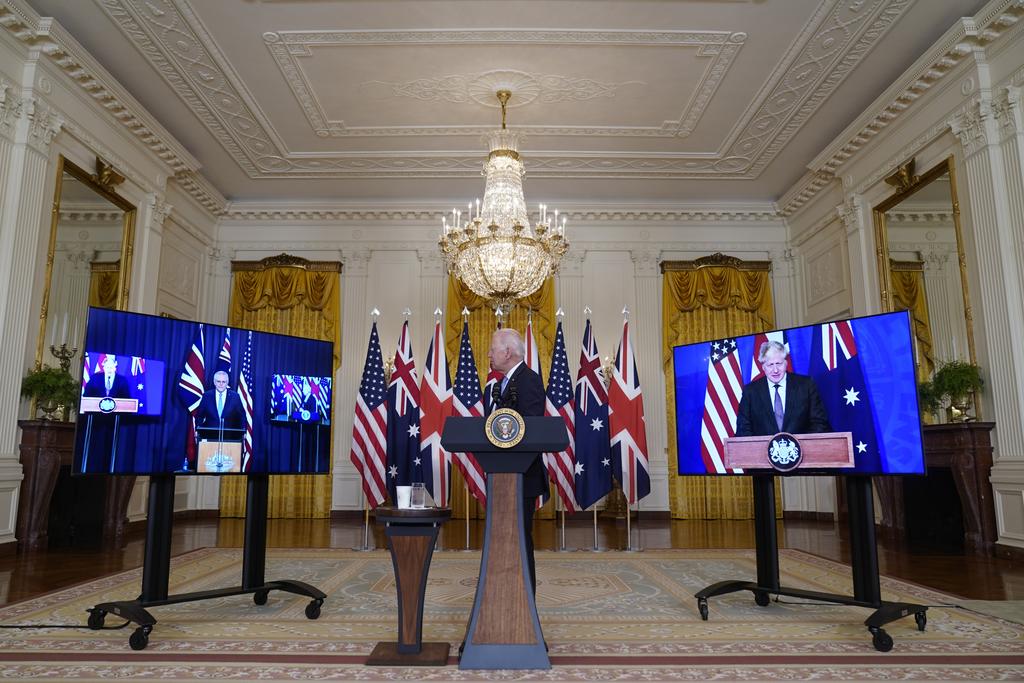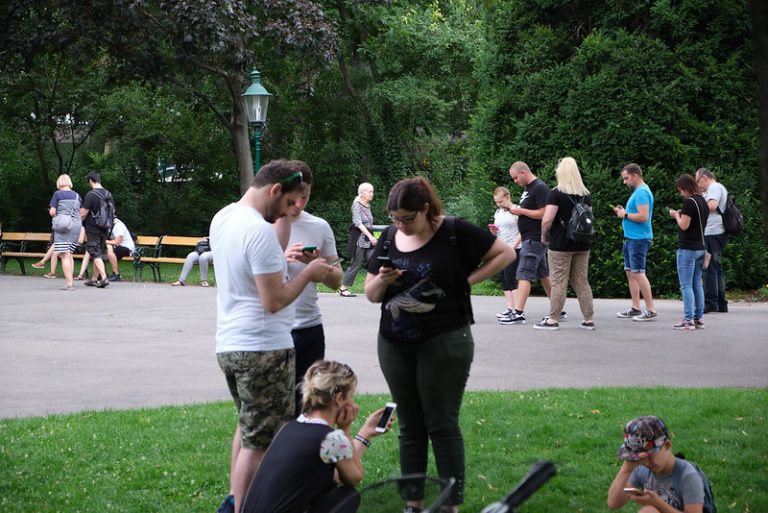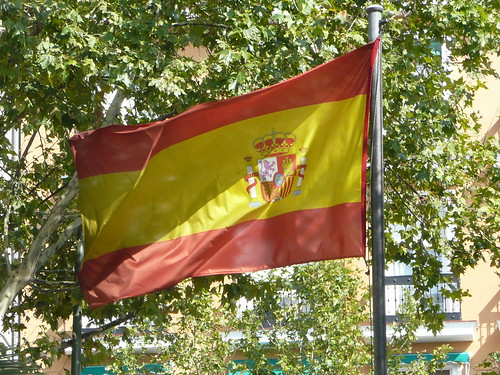Letter from La Vigie, 18 January 2023
Full English version accessible here
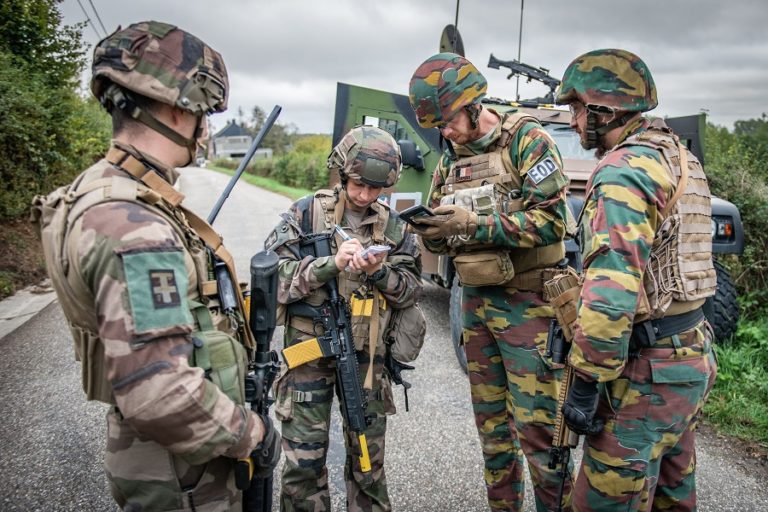
Belgian neighbours and partners
A new year, a new geographical cycle, this time the land borders of France by looking at its neighbours. Today, we will focus on Belgium, a country that we do not know as well as we think and that has made the radical choice to adopt, via the CaMo partnership, a complete land army model, and not only to buy a few vehicles from the Scorpion range.
To read the article In English, click here
Economics of war, economics of war
Economics plays an important role in war: from building a defence industrial base to imposing sanctions, from mobilising the country for total war to identifying economic targets, warfare entails both an economy of war and an economy in war.
To read the article in English, click here
Lorgnette: Russian Mountains of the German Army
Before February 2022, the chiefs of staff of the German navy and army said that one should understand Putin, the other that the Bundeswehr was on its last legs.
Since the Russian offensive, the chancellor announced (in June) that Germany wanted to have the first European army and to provide it with 100 billion euros.
All these fine words have been shattered by the recent resignation of the German Defence Minister, whose term of office had started badly. Having admitted that her appointment was a surprise, which owed more to parity and party balance than to her knowledge of the subject, she successively promised helmets to the Ukrainians, went on holiday with a Bundeswehr helicopter, failed to calm the debate on the delivery of tanks to the Ukraine and presented wishes that were considered strange, to say the least. Auf wiedersehen, meine Dame.
Two things bring her closer to her compatriot Benedict XVI (cf. LV 208): they did not want this position and gave it up. One point distinguishes them: no one remembers her name anymore. The post is vacant, good luck to the German armies.
JOCVP
Subscribers: click directly on the links to read online or download the pdf issue (here), always with your login/password. New readers: read the article by issue, by clicking on each article (€2.5), or subscribe (discovery subscription €17, annual subscription €70, orga. subscription €300 excl. tax): here, the different options.
Photo credit: Min Def Belge


